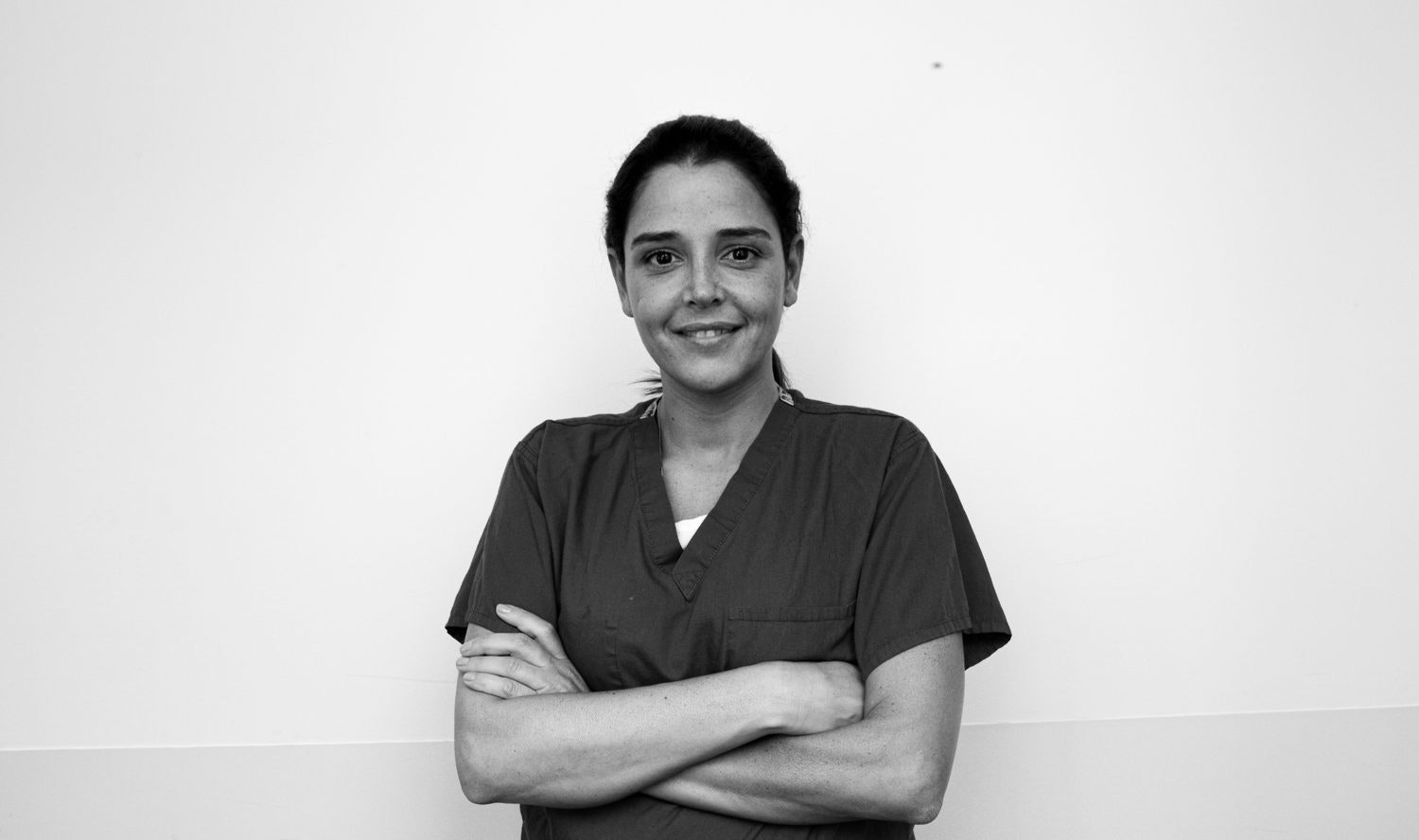UK-based Proximie, which uses augmented reality to allow surgeons to advise on operations remotely around the globe, has raised $38m.
The Series B funding was led by F-Prime Capital and includes participation from Questa Capital, Eight Roads, Maverick Ventures, Global Ventures, BECO Capital and Cedar Mundi Ventures. The round brings the company’s total funding to $49m.
Proximie, founded in 2016, states its mission as saving lives by creating a “borderless operating room.”
“We want to bring together the best of human expertise and technology to imagine a world where operating rooms all around the world are connected,” Dr Nadine Hachach-Haram, NHS surgeon and Proximie’s CEO told Sifted.
Around 330m operations happen worldwide every year and the majority of the global population, around 5bn people, don’t have access to safe surgery.
Proximie uses augmented reality to allow a surgeon to remotely watch an operation and use their hands to demonstrate things to the surgeon conducting the operation, who sees the remote surgeon on a screen.
[embed]https://vimeo.com/proximie/marchsizzle[/embed]
“Surgery is very visual,” Hachach-Haram says. “This is like I’m virtually scrubbed in with you, working with you in the actual operation.”
Aside from Proximie, there are a number of other companies working on AR applications for surgery.
There’s Proprio, an American company which helps surgeons collaborate using AR, and SentiAR, which beams holographic organs above a patient in surgery to guide the operating team.
There’s also FundamentalVR and Osso VR, both British companies, which help train surgeons through virtual reality tools.
Alongside helping surgeons collaborate, Proximie also records surgery to create a “digital footprint” of operations, a database of knowledge on surgery shared across the world.
“The ability to have a network of operating rooms where every interaction is captured, digitised and analysed changes the paradigm,” says Hachach-Haram. “It makes surgery more democratised and of a higher quality.”
Proximie was initially used in war zones but launched for business in 2019.
It saw a spike in interest as soon as the pandemic started: across 2020, the number of surgeries it’s been used in increased by 430%.
The tech has now been used to conduct 10k surgical operations in 300 hospitals across 40 countries across the US, the Middle East and Europe. The latest funding will be used to focus on expansion in America.
Proximie’s team grew from 25 to nearly 90 employees across 2020 and Hachach-Haram predicts that the growth it’s seen during the pandemic will continue.
“I can say as CEO as well as a surgeon, I don’t think the world is going to change back to what it used to be,” she says.
“We’ve seen materially the benefits of these solutions: the ability to connect around the world, scale expertise and make care more accessible.”



